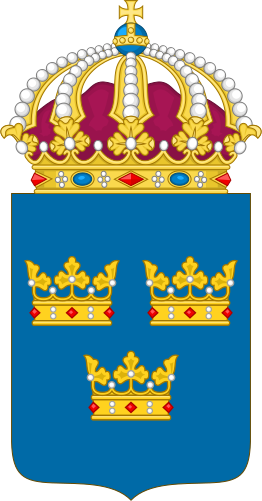Community / Land projects / UN Women Uganda 2020-2023
UN Women Uganda 2020-2023

€0
01/20 - 11/25
Активно
This project is part of
Implementing Organisations
Donors
Data Providers
General
UNW has requested support for the implementation of the UN Women Country Office Strategic Plan and Programme 2019-2022 in Uganda. The country programme is aligned with the UNDAF/UNSDCF in Uganda and the national development plan, national legislation and policies for gender equality, and the global UN Women strategy. It focuses on four thematic areas and four areas of organisational effectiveness and efficiency; 1: Women lead, participate in and benefit equally from governance systems, 2: Women have income security, decent work and economic autonomy, 3: All women and girls live a life free from all forms of violence, 4: Women and girls contribute and have a greater influence in building sustainable peace and resilience, and benefit equally from the prevention of natural disasters and conflicts, and from humanitarian action. • more effective and efficient UN system coordination and strategic partnerships on gender equality and women's empowerment, • Increased engagement of partners in support of UN Women's mandate, • High quality programmes through knowledge, innovation, results-based management and evaluation, • Enhanced organisational effectiveness, with a focus on robust capacity and efficiency at country and project level. Sida provides non-earmarked support to UNW for implementing the programme in Uganda during the period 2020-2023. Several donors are funding UNW's operations in Uganda, primarily with project support.
Objectives
Programme Focus: Impact area 1: Women lead, participate in and benefit equally from governance systems • 1.1: Women engage in political institutions and processes. • 1.2: National and Local Plans and budgets are gender responsive • 1.3: Policy and Financial Environment to track GEWE • 1.4: Gender statistics to monitor policies and reporting commitments under SDGs • 1.5: Gender statistics used by different players to inform advocacy, policies and programmes Impact area 2: Women have income security, decent work and economic autonomy • 2.1: Public and private procurement is gender responsive, • 2.2: Climate smart agricultural policies are gender responsive and womens land tenure security is increased. Impact area 3: All women and girls live a life free from all forms of violence • 3.1: An enabling legislative and policy environment in line with international standards on EVAWG, Womens Access to Justice, and other forms of discrimination is in place and translated into action, • 3.2: Favorable social norms, attitudes and behaviors are promoted at community and individual levels to prevent VAWG and end child marriage, • 3.3: Increased use of available accessible and quality essential services by women and girls who experience violence. Impact area 4: Women and girls contribute and have a greater influence in building sustainable peace and resilience, and benefit equally from the prevention of natural disasters and conflicts and from humanitarian action • 4.1: More commitments on women, peace and security are implemented by GoU and the UN, and more gender equality advocates influence peace and security processes, • 4.2: Women benefit from Humanitarian action in the context of refugee response. ORGANSATIONAL DEVELOPMenTS • More effective and efficient UN system coordination and strategic partnerships on gender equality and women's empowerment, • Increased engagement of partners in support of UN Women's mandate, • High quality programmes through knowledge, innovation, results-based management and evaluation, • Enhanced organisational effectiveness, with a focus on robust capacity and efficiency at country and project level.



